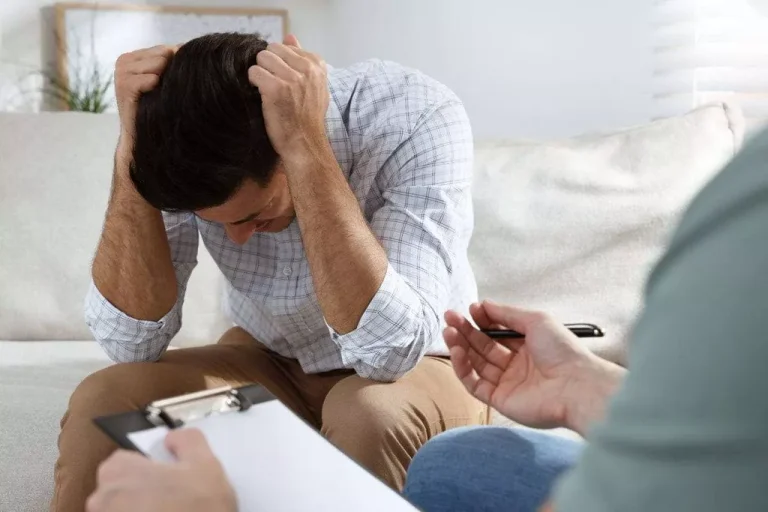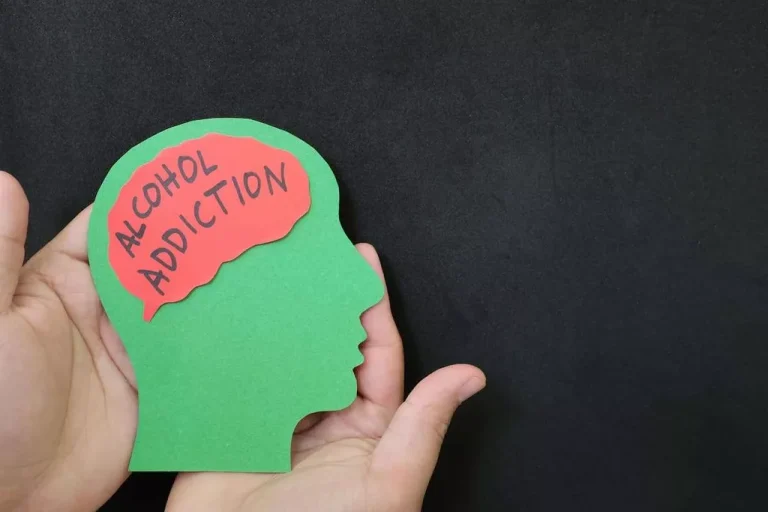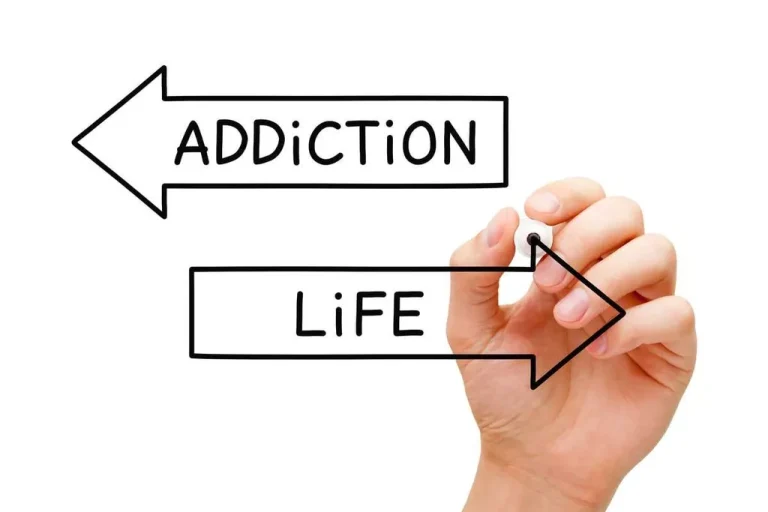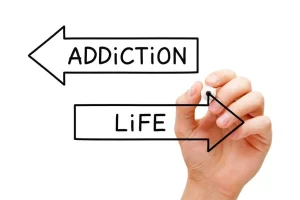To avoid or reduce the impact of the withdrawal symptoms, people struggling with alcohol may choose to progressively taper off alcohol rather than quit abruptly. The long and the short of it is–tapering off alcohol with medical support can help you quit drinking. But could weaning yourself off alcohol help you stay sober for good? In fact, 30 million people have alcohol use disorder1 in the United States alone.
Find Professional Treatment
So, if you normally have 6 beers a day, you could be done tapering within one week. It’s always best to consult a physician on the best strategy, especially if you drink heavily. Some people are facing problems with their health or personal lives which require them to quit immediately. However, for many people with alcohol use disorder, tapering off alcohol is a far better experience than quitting http://g-ost.ru/46551.html abruptly. Sometimes as much as a two liter plus a twelve pack of tall boys.
Preparing To Wean Off Alcohol
- You should always seek medical advice before attempting any kind of alcohol withdrawal.
- Experience has shown me most people who continue using other hard substances simply get high and then continue drinking.
- You may decide to seek medical treatment for your withdrawal symptoms or make the choice to enter a professional detox or rehab center.
- You may find success decreasing your number of drinks by a set amount each day.
Just don’t convince yourself that you can be a normal drinker after stressfully forcing yourself to do this a few times. If you don’t really like hard seltzer, like me, drink hard https://www.insai.ru/slovar/gepatit seltzer. It has a lot of water and you can find them in the 4.5-5% range.
Relapse Prevention Strategies
Remember, you can always slow your taper, drink more alcohol, or seek medical help if needed. It’s a good idea to talk with a medical professional before you begin a taper. They can help you decide if it’s the safest way to start your recovery, and they can help you make a taper plan. When you quit through tapering, you drink a little less each day until you’re able to have no alcohol at all. It can lower the severity of symptoms, and it can make you more likely to meet your goals. Tapering off is a standard medical practice for many other drugs.
- I’m specifically talking about things like weed, cigarettes, and vaping.
- An evidence-based rehab offering holistic and experiential therapies, tailoring treatment to each client on a comfortable campus near Austin.
Getting professional treatment and long-term support are two of the most valuable strategies for avoiding relapse. Alcohol withdrawal occurs when neurotransmitters that combat the effects of alcohol on the nervous system suddenly have nothing to counteract them. Essentially, when an individual drinks, the brain amplifies certain activities to counterbalance the depressive effect alcohol has on it. When that numbing sensation disappears entirely, the brain is left dangerously overstimulated. Insomnia, anxiety and paranoia — the opposite effects of alcohol — are the expected results.
If you’re lucky enough to have a supportive friend, a roommate, or a family member that lives with you who can assist, that is ideal. Tell them what you’re planning on doing, give them a copy of your planned taper schedule, and have them hold all the alcohol to portion out and give to you as needed. Ideally, pick someone who doesn’t also have a problem with alcohol. My first recommendation is to seek professional help at an inpatient rehab facility, a dedicated detox center, or, in severe cases, the emergency room. This can sometimes cause unpleasant withdrawal symptoms, and these symptoms can make it hard to stick with your recovery plan.

Work in the drinks industry?
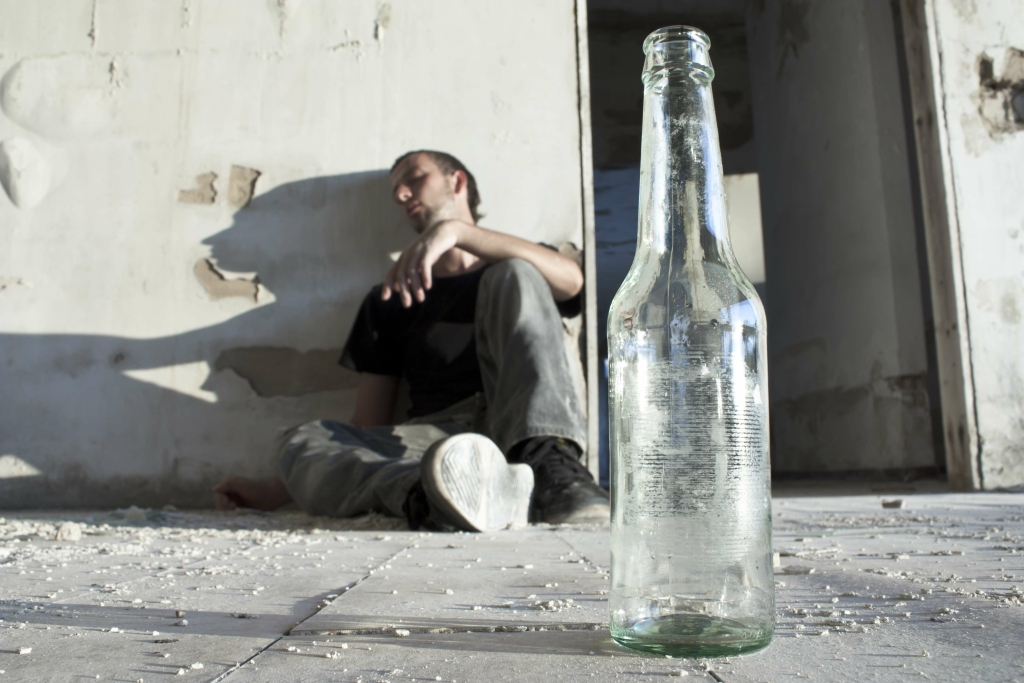
You should always seek medical advice before attempting any kind of alcohol withdrawal. People with moderate to severe alcohol addiction may find an alcohol taper difficult to accomplish. However, it is important to be aware of the risks of attempting a taper on your own. Sometimes, people think that they don’t need medical help if their symptoms are mild. Unfortunately, alcohol withdrawal symptoms can worsen quickly, and they can include agitation and hallucinations that make it more difficult to seek help. For this reason, it is best to seek medical advice on whether you should taper at home or under medical observation.
- Over time, this can help you slow down and make more intentional choices about how much you’re drinking.
- However, understanding how an alcohol taper works and what the process is like can help you prepare yourself and find the support you need.
- Seemed like they were written by sober people who never had to taper themselves or were never big alcoholics.
- But if you’ve previously hidden bottles, filled your recycling bin in the dead of night, or deliberately avoided thinking about how much you’re drinking, you’re not alone.
- By substituting alcoholic drinks for non-alcoholic drinks, you can still engage in most of your habit without getting the alcohol that makes it addictive.
It is important to only attempt a taper while under a doctor’s care. However, understanding how an alcohol taper works and what the process is like can help you prepare yourself and find the support you need. Get professional treatment and long-term support to prevent relapse. Set up therapy, counseling and support groups, a plan for sober living, and follow-up medical evaluations. Alcohol tapers are strategies to stop drinking by slowly decreasing the amount of alcohol a person consumes.
Along with withdrawal symptoms, it may be even more difficult to cut back or taper your alcohol use if you https://stihi.lv/index.php?option=com_k2&view=itemlist&task=user&id=14286 struggle with an alcohol use disorder (AUD). AUD makes it difficult to control alcohol use — it may seem like the alcohol is controlling you. A taper may not be right for you if you frequently drink more than you intended, try to cut back but cannot or feel that your alcohol use is affecting your life.











